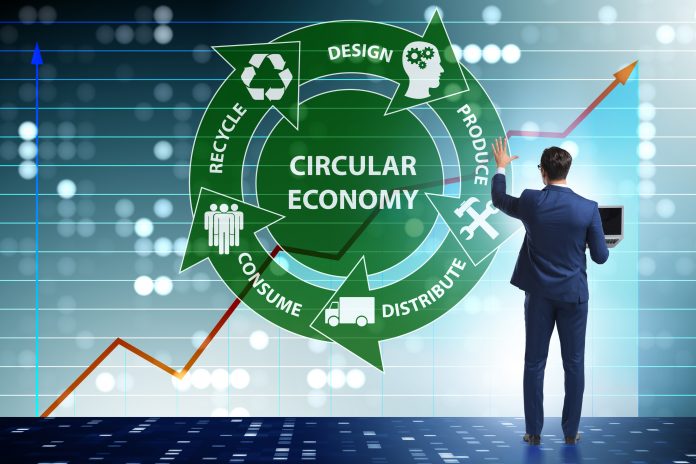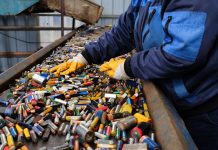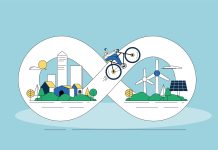The National Interdisciplinary Circular Economy Hub (CE-Hub) will coordinate the national research effort to deliver a circular economy
The National Interdisciplinary Circular Economy Hub (CE-Hub), led by the University of Exeter and supported with a £3.5 million UK Research and Innovation (UKRI) investment, will seek to deliver a circular economy.
The hub will work with five centres to explore how using fewer resources and reusing and recovering more materials in a wide range of industries could deliver huge environmental benefits and boost the UK economy.
The CE-Hub will be led by Professor Peter Hopkinson and Professor Fiona Charnley of the University of Exeter Business School.
Science Minister Amanda Solloway said:
“Building a circular economy that reduces waste and reuses products and materials will help us clean up our environment while enabling businesses to grow.
“This new national hub will bring together some of our most talented researchers to work directly with industry, from construction to textiles, on their efforts to reuse waste and help boost the economy as we build back greener.”
Engineering and Physical Sciences Research Council (EPSRC) Executive Chair, Professor Dame Lynn Gladden said:
“The National Interdisciplinary Circular Economy Hub will play a crucial role in coordinating research across the UK that will help us to deliver a circular economy.
“By effecting a step change in how we use and reuse resources, the move to a circular economy will deliver major environmental and economic benefits and is an essential element of making Net Zero a reality.”
Professor Charnley said:
“The circular economy hub and wider programme provides a unique and timely opportunity to coordinate and accelerate interdisciplinary circular economy research at a national scale, positioning the UK as thought-leaders in this growing field.
“As a country, we need to radically change how we use resources and by bringing together and harnessing expertise from academia, business and government we can enable that transformation.”
Professor Hopkinson said:
“We need a complete system redesign of how resources are used.
“The plastics economy, to give an example, has evolved over the last 50 years – we can’t wait that long to build a better system, which will only be possible if all stakeholders are pulling in the same direction.”











